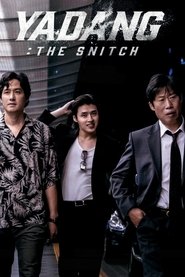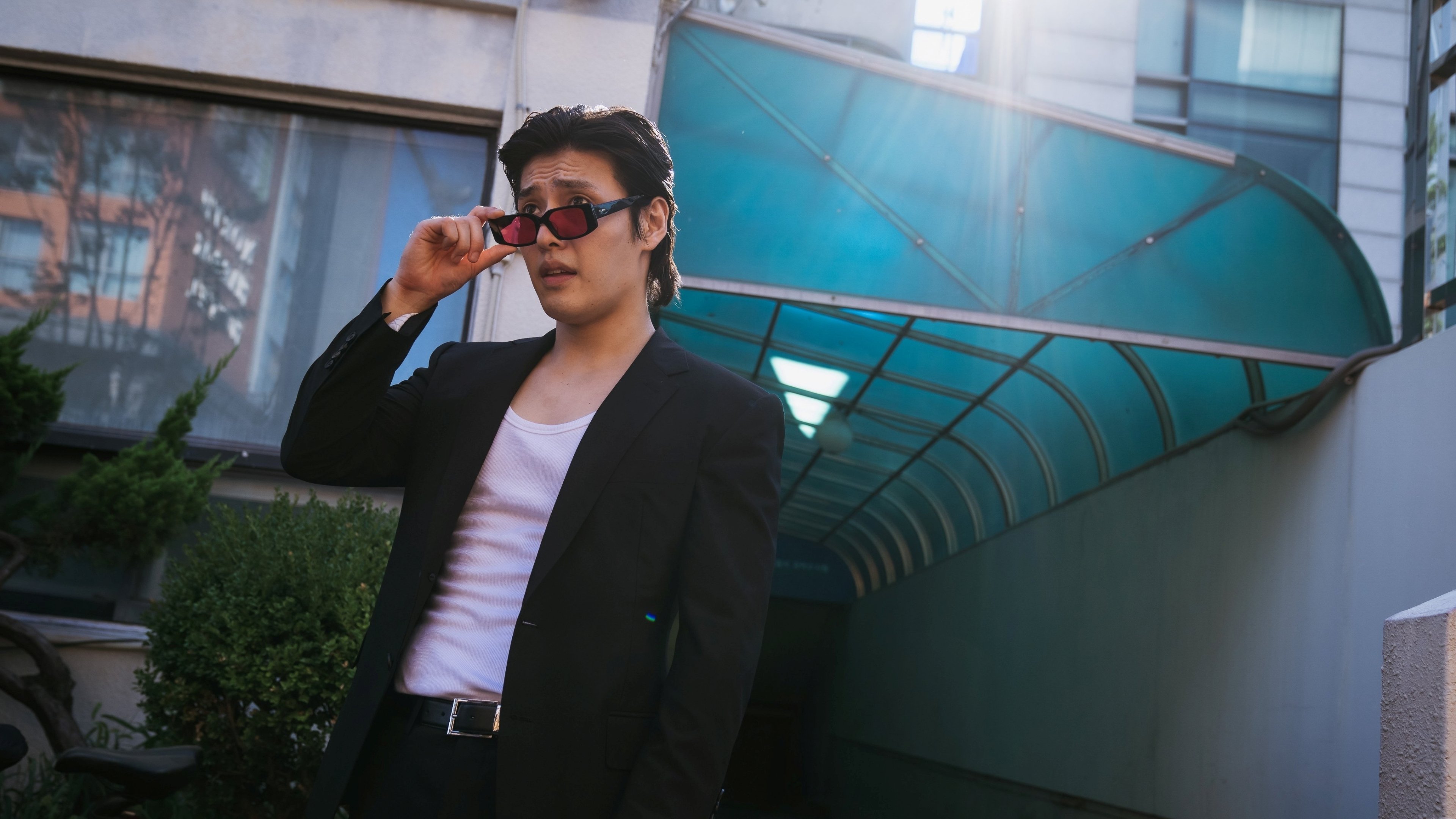Watch 야당 (2025) Movie

Drug-criminals take advantage of commutation by passing over the insider’s information bought from ‘Ya-Dang’. Cops and prosecutors, on the other hand, make performances by using the information. There is a triangle in Korean drug-crime scene: police, prosecutors and the game changer, ‘Ya-Dang’.

The prosecutor, the detective, the drug dealer, all line up before him. - drugs
## The Shadow Dance: Dissecting the Korean Opposition and its Relevance Today
Korean politics, a vibrant tapestry woven with threads of economic ambition, social change, and lingering historical tensions, is rarely a simple picture. While the ruling party often commands the spotlight, the role of the opposition, especially in the Korean context, is far more nuanced than a simple counter-narrative. They aren’t just there to say “no.” They are critical players in the constant push-and-pull that shapes policy, influences public opinion, and ultimately, defines the nation’s trajectory.
Currently, the Democratic Party of Korea (Deobureo-minjudang), often considered the main opposition party, finds itself in a delicate position. While holding a significant number of seats in the National Assembly, they face the daunting task of effectively challenging the policies of the ruling People Power Party (PPP), which is leveraging a pro-business, security-focused agenda. This tension is amplified by the increasingly polarized political landscape, making reasoned debate and compromise feel like rare commodities.
But the importance of the opposition transcends simple political maneuvering. They act as a vital check on power, holding the ruling party accountable for its promises and preventing potential overreach. This is particularly crucial in a nation grappling with complex issues like income inequality, an aging population, and the ever-present threat from North Korea. A strong opposition forces the government to justify its decisions, fostering transparency and encouraging a more inclusive policy-making process.
However, the effectiveness of the opposition in Korea, and indeed globally, often hinges on its ability to articulate a compelling alternative vision. Simply criticizing the current government is rarely enough to sway public opinion. They need to offer concrete, viable solutions to the challenges facing the nation. This requires a deep understanding of public sentiment, a willingness to engage in constructive dialogue, and the ability to present a unified front.
One area where the opposition could potentially gain significant traction is by focusing on issues that resonate particularly strongly with younger generations. These include affordable housing, job security, and addressing climate change. By championing policies that directly address these concerns, the opposition can attract a wider base of support and position themselves as forward-thinking and relevant.
Furthermore, the Korean opposition faces the challenge of overcoming internal divisions and historical baggage. Past controversies and factionalism can hinder their ability to present a coherent message and project an image of stability and competence. Building trust and fostering unity within the party is paramount to their long-term success.
Looking ahead, the future of the Korean opposition depends on their ability to adapt to the evolving political landscape. This includes embracing digital platforms to connect with voters, engaging in more collaborative and cross-partisan initiatives, and focusing on building bridges with diverse communities. They must move beyond simply being an "anti-government" force and strive to become a champion of positive change, offering a compelling alternative vision for the future of Korea.
The "shadow dance" of Korean politics, with the opposition constantly shadowing and challenging the ruling power, is not merely a political game. It's a vital process that shapes the nation's identity, fosters accountability, and ultimately determines the direction in which Korea will move. The success of the opposition is not just about winning elections; it's about ensuring a vibrant and healthy democracy where diverse voices are heard and the interests of all citizens are represented.

Post a Comment